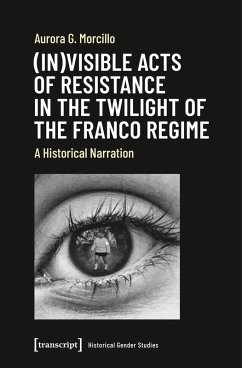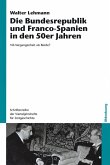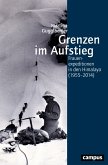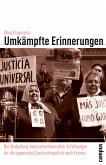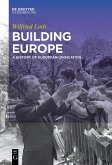Which everyday practices allowed women to sustain and fulfill individuality and agency under dictatorial rule? This book adds to a rich scholarship on the history of late Francoism and the transition to democracy in Modern Spain through the lens of oral history and life writing. Aurora Morcillo tells the stories of anonymous individuals from both student and working class backgrounds - crucial sites of active resistance against the dictatorship at the time - and provides an interdisciplinary feminist analysis of the inevitable modernization of Spain in the 1960s and 1970s. This study uncovers a Deleuzian rendition of historical unfolding/becoming rather than simply being a collection of oral histories: a historical narration which proposes to be a creative historical ontology.
Dieser Download kann aus rechtlichen Gründen nur mit Rechnungsadresse in A, D ausgeliefert werden.

